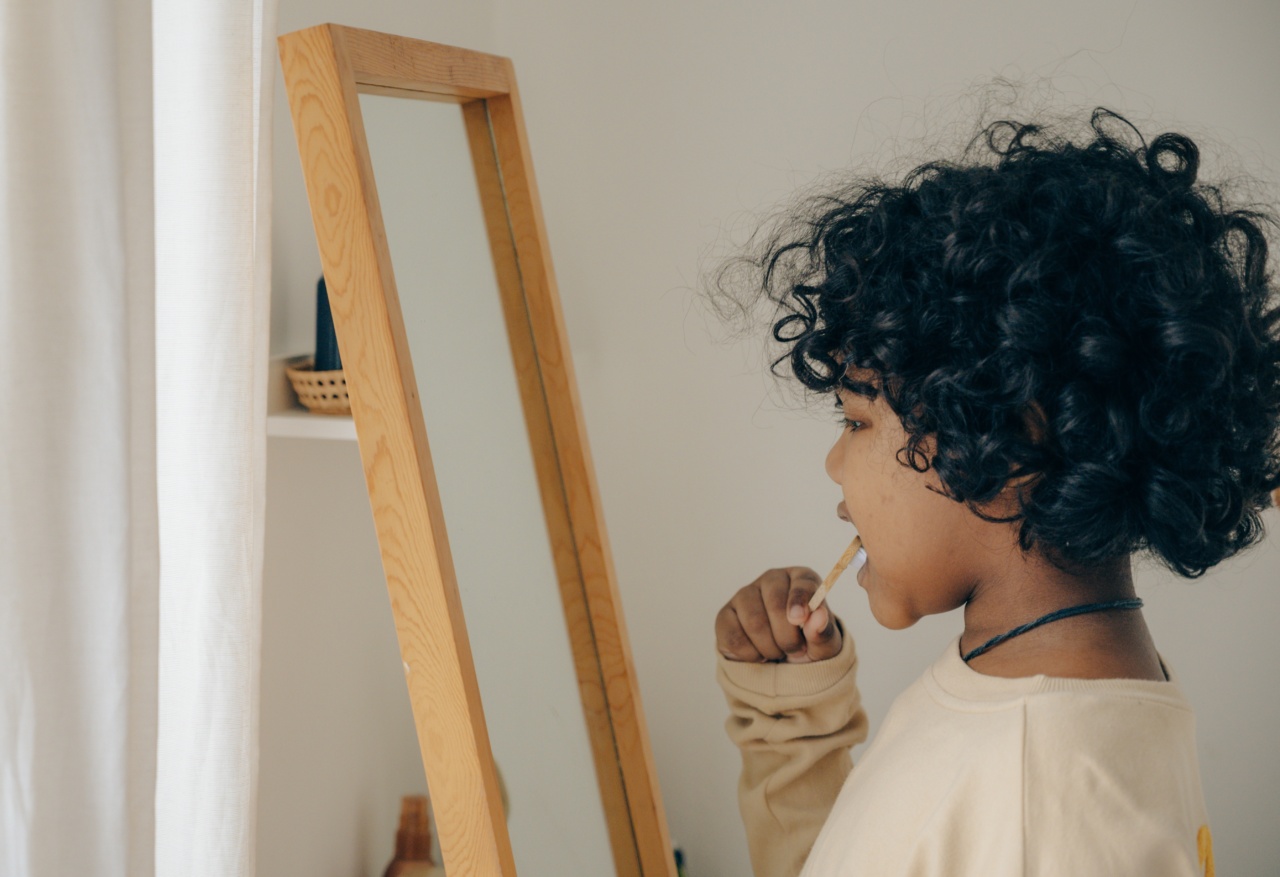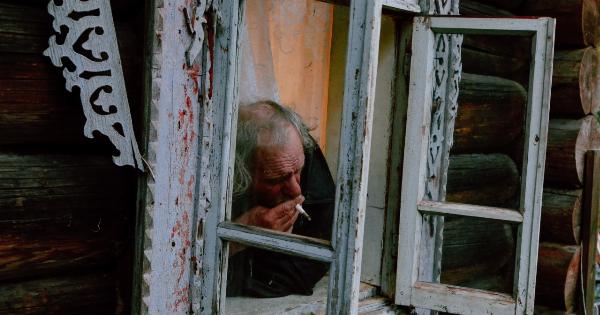Having strong and healthy hair is something many people desire. However, there are several everyday habits that can unknowingly weaken and damage your hair.
From heat styling to improper hair care routines, these habits can lead to hair breakage, thinning, and loss. In this article, we will explore some of the most common everyday habits that weaken your hair and suggest alternative practices for maintaining strong and beautiful locks.
1. Excessive Heat Styling
Using heat styling tools such as straighteners, curling irons, and blow dryers on a regular basis can weaken your hair. The high temperature from these tools can strip the moisture from your hair, leaving it dry, brittle, and prone to breakage.
Additionally, frequent heat styling can lead to split ends and dullness.
To minimize the damage caused by heat styling, consider reducing the frequency of use. Embrace your natural hair texture and opt for heatless styling methods like air-drying, braiding, or using foam curlers.
When you do use heat styling tools, apply a heat protectant spray to shield your hair from excessive heat.
2. Tight Hairstyles
Wearing tight hairstyles like ponytails, buns, or braids can put significant tension on your hair strands and scalp. Over time, this can weaken your hair and cause it to break or fall out.
Regularly wearing tight hairstyles can also lead to a condition known as traction alopecia, which is hair loss caused by constant pulling.
Opt for looser hairstyles that distribute the tension more evenly, such as loose braids, low ponytails, or leaving your hair down. Giving your hair a break from tight hairstyles will help improve its strength and overall health.
3. Overwashing
Washing your hair too frequently can strip away its natural oils, leading to dryness and weakness. While it’s important to keep your scalp clean, washing your hair daily is not necessary for everyone.
The frequency of washing depends on factors like hair type, scalp condition, and lifestyle.
If you find that your hair becomes greasy quickly, try using a dry shampoo in between washes to freshen it up.
Additionally, opt for sulfate-free shampoos and conditioners that are gentler on your hair, and always follow with a moisturizing conditioner to keep your locks hydrated.
4. Rough Towel Drying
After washing your hair, vigorously rubbing it with a towel to dry can cause friction and breakage. Wet hair is more prone to damage, so it’s crucial to handle it with care.
Instead of roughly towel drying, gently squeeze out excess water with a microfiber towel or an old cotton t-shirt.
Once you’ve removed the excess water, allow your hair to air dry naturally or use a hairdryer on a low or cool setting. If you must use a regular towel, pat your hair dry instead of rubbing it vigorously.
5. Chemical Overprocessing
Chemical treatments like hair coloring, perming, and relaxing can weaken your hair if not done properly or excessively.
The harsh chemicals used in these processes can strip the hair of its natural moisture and protein, resulting in dryness, brittleness, and breakage.
If you wish to undergo chemical treatments, it’s important to consult a professional stylist who can assess the condition of your hair and recommend proper treatments.
Additionally, give your hair sufficient time to recover between treatments and use deep conditioning masks or treatments to restore moisture and strength.
6. Using the Wrong Hair Products
Using the wrong hair products, such as those containing harsh chemicals or inappropriate ingredients for your hair type, can weaken your hair over time.
It’s essential to choose hair care products specifically formulated for your hair type and concerns.
Read the labels and opt for sulfate-free shampoos, silicone-free conditioners, and styling products that are designed to nourish and protect your hair.
Avoid products that contain alcohol or excessive fragrances as they can cause dryness and irritation.
7. Poor Nutrition
Your hair’s health is influenced by your overall nutritional intake. A poor diet lacking essential nutrients can result in weak and dull hair.
Adequate protein, vitamins (especially vitamin A, C, D, and E), minerals (such as iron and zinc), and omega-3 fatty acids are crucial for maintaining strong and healthy hair.
Incorporate foods like fish, nuts, eggs, leafy greens, fruits, and whole grains into your diet for a well-rounded intake of hair-nourishing nutrients. If necessary, consider taking supplements after consulting with a healthcare professional.
8. Sleeping on Cotton Pillowcases
Cotton pillowcases can cause friction and moisture loss, leading to hair breakage and frizz. Replace cotton pillowcases with silk or satin ones to minimize friction and prevent your hair from tangling and weakening during sleep.
Silk or satin pillowcases also help retain moisture, keeping your hair hydrated and smooth.
9. Overexposure to the Sun
Excessive sun exposure can weaken your hair and lead to dryness, color fading, and brittleness. UV rays can damage the outer cuticle layer of the hair, resulting in weakened strands.
To protect your hair from the sun, wear a hat or use a UV-protectant hair spray before heading outdoors.
10. Stress and Lack of Sleep
Your hair’s health is closely tied to your overall well-being. High-stress levels and inadequate sleep can contribute to hair problems such as hair loss, thinning, and weakened hair follicles.
Practice stress management techniques such as meditation, exercise, or hobbies that help you relax. Additionally, aim for 7-8 hours of quality sleep each night to allow your body, including your hair, to rest and regenerate.































